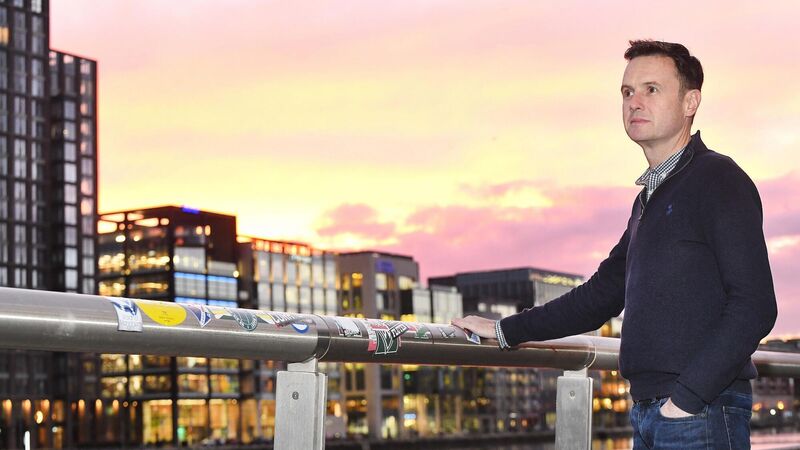Pancreatic cancer: Jaundice was the sign I had ‘silent killer’

Stuart O'Neill, who has been treated for pancreatic cancer with a Whipple surgery and chemotherapy. Photogaph Moya Nolan
PANCREATIC cancer affects almost 600 people in Ireland each year. It is slightly more common in men, and the average age of diagnosis is 73. However, Dublin-based businessman Stuart O’Neill was 43 when he was diagnosed in early 2024.











